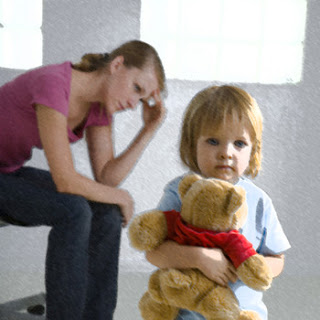Maternal Depression Linked to Risky Behavior in Kids

Deborah Brauser Maternal depression during an offspring’s childhood is significantly associated with risky health behaviors during adolescence, new research suggests. A study of almost 3000 mother-adolescent pairs showed significantly more «delinquent behaviors», including smoking, violence, and alcohol and illicit drug use, in offspring of women who suffered from depression when their children were 6 to 10 years of age. Interestingly, there were no significant associations between maternal depressive symptoms during a child’s adolescence and subsequent delinquent behaviors. «We expected that adolescents who had mothers who were depressed…would be most likely to be engaging in risky health behaviors since those children may be missing both the supervision and support that a parent can offer during an emotional time» , principal investigator Ian Colman, PhD, Canada Research Chair in mental health epidemiology and associate professor at the University of Ottawa, told Medscape Medical Ne...

